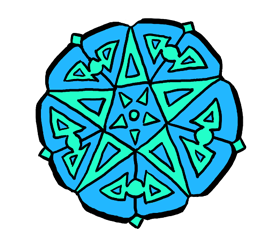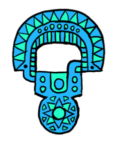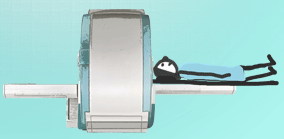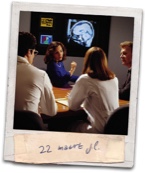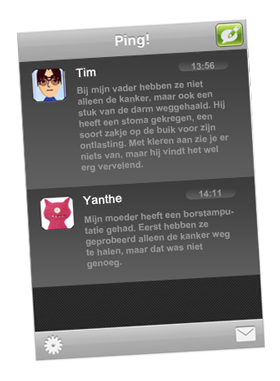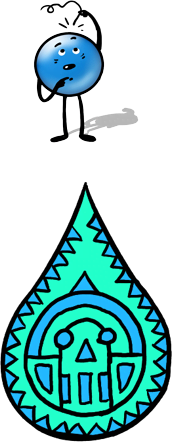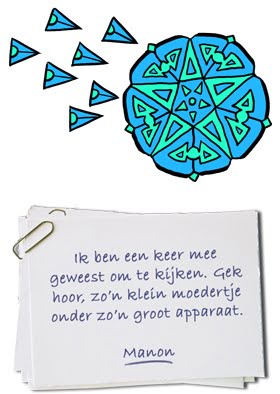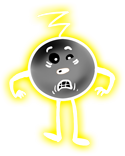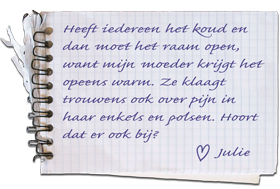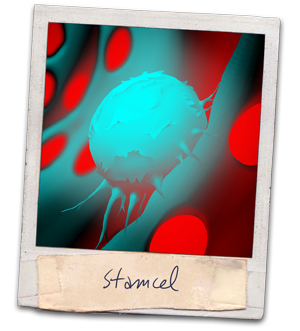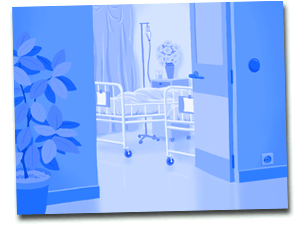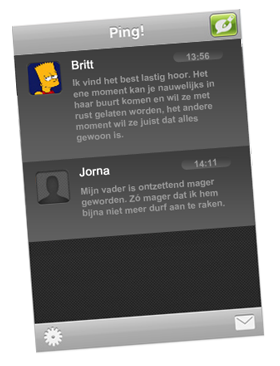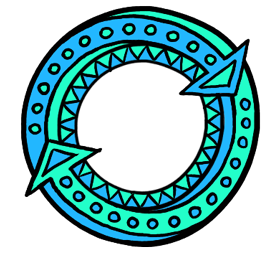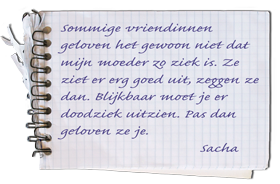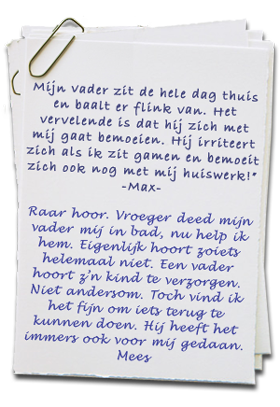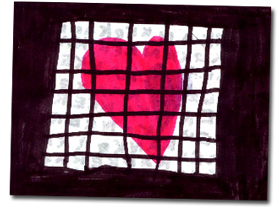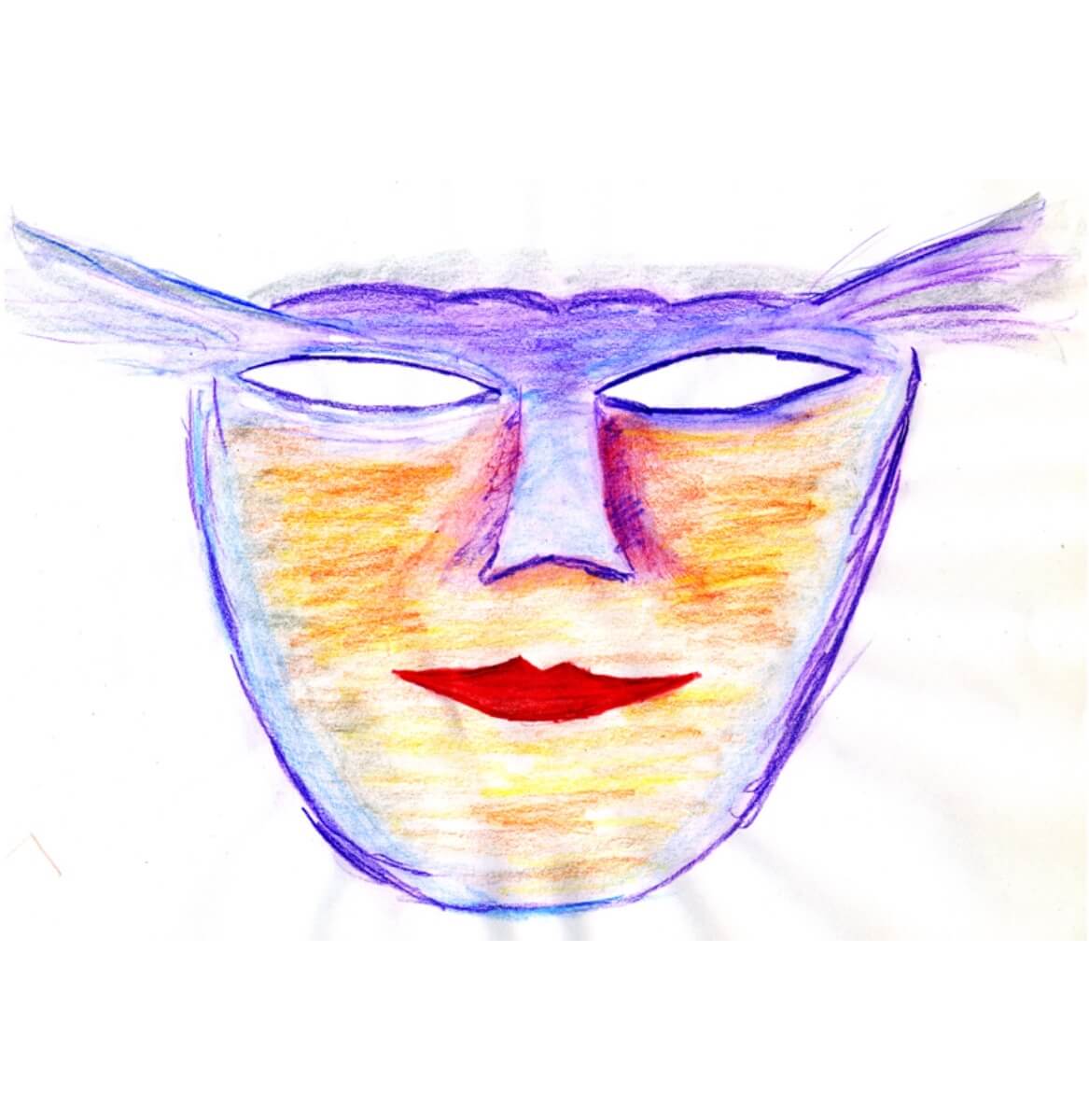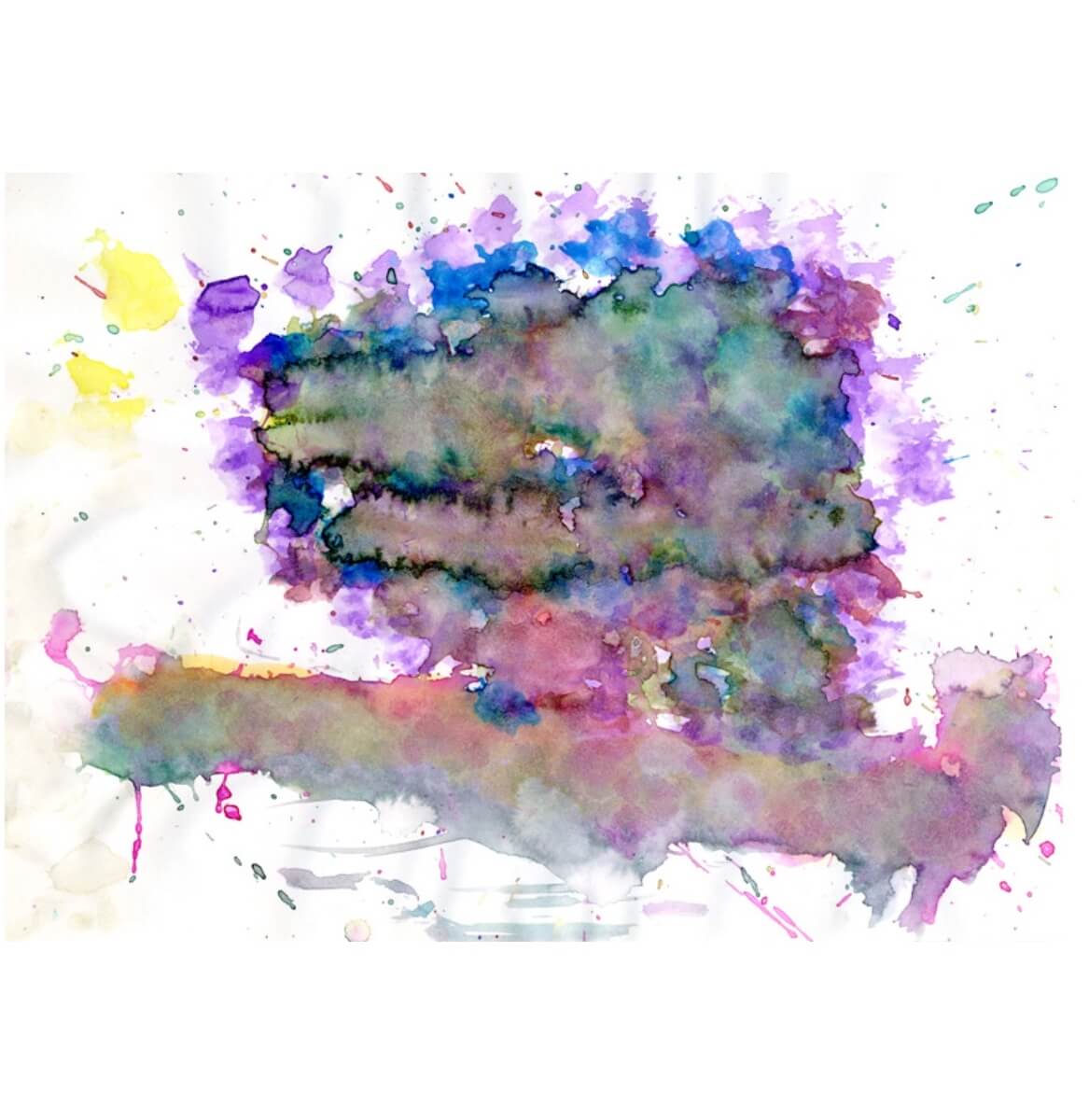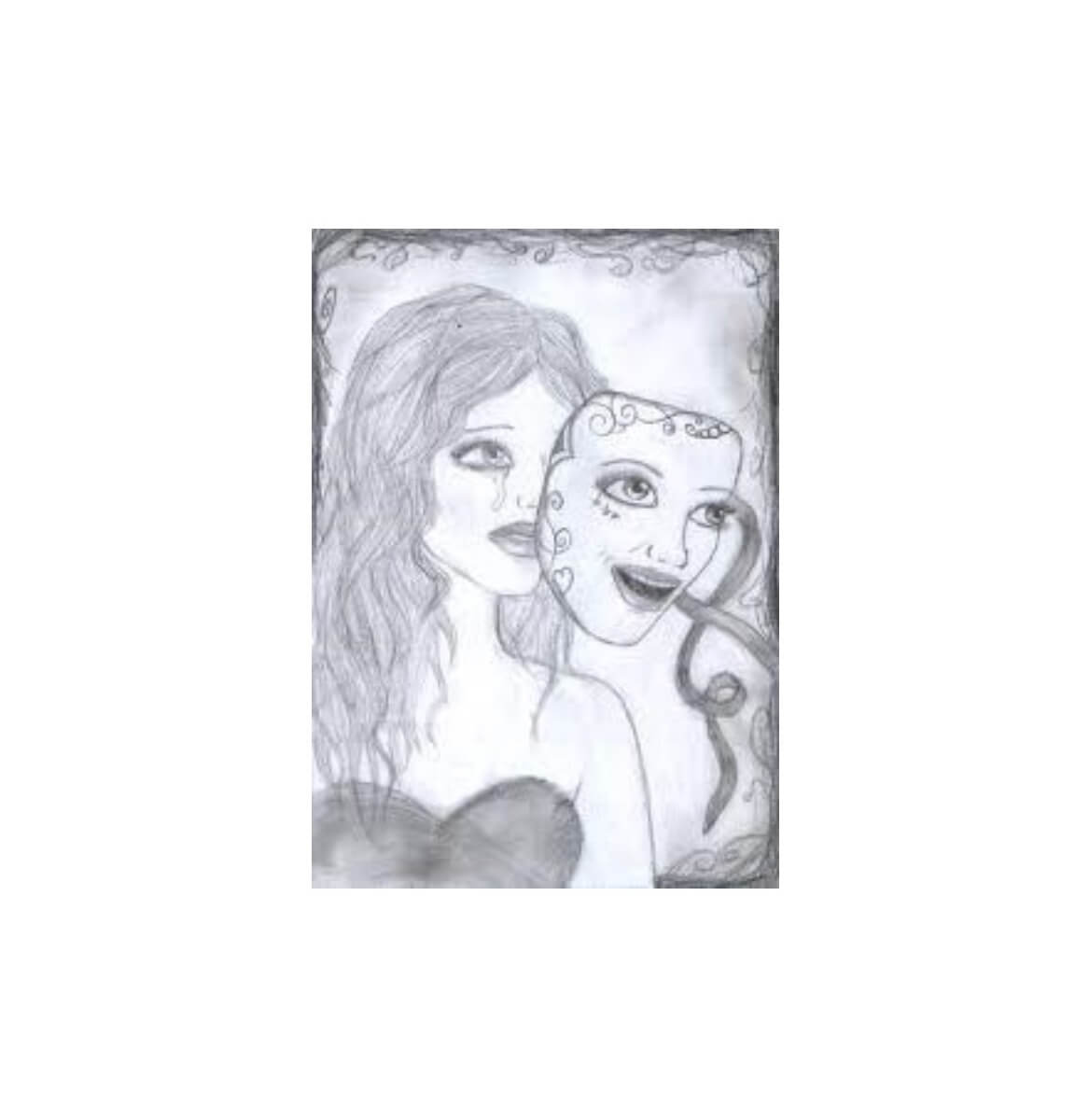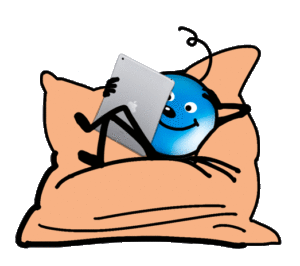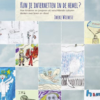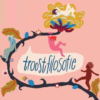Hi, Hi!
What is cancer?
Many many questions
Cancer is the result of a change in DNA, the hereditary material contained in the cell nuclei. Changes in the DNA are partly caused by external damage (UV radiation, alcohol, smoking, asbestos) and partly by causes that we do not know. The immune system usually clears out such a mutated cell, sometimes not. Why such a mutation sometimes leads to cancer and not other times is not always clear.
No, but you can minimize the risk of developing cancer yourself. By not smoking or vaping, by paying attention to what and how much you drink, by applying plenty of sunscreen, and by getting a vaccination against the HPV virus. Regular exercise also helps reduce the risk of cancer. This is called prevention.
In 2022, more than 124,000 people in the Netherlands were told they had cancer. The number of people in the Netherlands who have ever been diagnosed with cancer and who are still alive is estimated at 850,000. You will find many more numbers at https://iknl.nl/nkr-figures.
There are more than 100 different types of cancer. The name of the species is named after the tissue from which the cancer cell originates, the place where the cancer originated or the doctor who discovered it. There is breast cancer, colon cancer, lung cancer, skin cancer, brain tumor, leukemia, prostate cancer, Hodgkin’s disease, Kahler’s disease, and so on.
Cancer comes from the Greek word karnikos meaning crab. A tumor is usually not even and round, but has a kind of spikes. The discoverers of cancer thought those blades resemble the legs of a crab. KWF Cancer Control has made that crab its logo.
No, cancer is very old. Mummies of people who had cancer have been found during excavations in Egypt.
Occasionally cancer runs in families and we know that a few types can be hereditary. However, this is not the case with most cancers. And if your father or mother has a hereditary form of cancer, that still does not mean that you will also get it. When you are an adult, you decide for yourself whether you want to have this examined.
No, cancer is not contagious.
That depends on the type of cancer. In Europe, everyone who has cancer is registered. For example, we have known for years how many people have cancer, how old they are, whether they are men or women, what type of cancer they have and how they are doing. From this registration we learn that some types of cancer occur more or less often in certain countries or among certain peoples.
In recent years, more and more people have been cured or continue to live with the disease for a very long time. They do have cancer, but the cancer cells are not growing. Cancer and dying are therefore not the same. No two people respond to treatment the same and there are major differences between types of cancer. With one species the chance of survival is more than 90%, with the other only 5%.
A tumor, also called a growth, is a group of clumped cells. A tumor can be benign or malignant. Cancer is a malignant tumor.
A benign tumor can push the surrounding tissue aside, but does not invade. A malignant tumor has a tendency to grow into the tissue. In addition, a malignant tumor can spread to other parts of the body through the bloodstream or lymphatic system.
Cancer cells can wander through the body. A new tumor can develop where the wandering cancer cell ends up. This new tumor is called a spread or metastasis.
A prognosis is a prediction of the course of the disease. If the prognosis is good, the doctor expects that things will end well; if the prognosis is poor, your father or mother will remain ill for a long time and eventually die. But an exact prediction is often difficult to make. After all, every person responds differently to illness and treatment.
Try to remain yourself as much as possible. Go to school, keep exercising, but also take the home situation into account. Do chores more often. Also try to talk to your parents about what you are feeling or thinking. Many parents worry about the fact that their child says so little.
Tests
Treatment
Changes
Parents who have cancer can be quite upset. They usually don’t say that, but you notice it. They are sad, angry, depressed and sometimes unreasonable. It helps if you understand where it comes from. Sometimes it helps to comfort, other times it’s better to go for a walk.
Britt: “I find it quite difficult. One moment you can hardly get near her and she wants to be left alone, the next moment she just wants everything to be normal.”
Parents with cancer sometimes change their character or behavior. This is often the result of medication and it becomes normal again after a while. If your father or mother has a brain tumor or has metastases in the head, you will sometimes have to deal with permanent behavioral changes. Parents sometimes just get angry or can no longer find their words. That feels very powerless and sad.
Some parents start to look different due to treatment or their illness. They are missing a breast, have a stoma, are bald due to chemotherapy or have a (large) scar. There are also parents who become fat or very thin due to their illness. That may look like it.
Jorna: “My father has become very thin. So thin that I hardly dare to touch him anymore.”
You can’t see anything in most people who have cancer. That’s nice, but it can also give mixed feelings. It’s like you have to prove that your father or mother is really sick.
Sacha: “Some friends just don’t believe that my mother is so ill. She looks very good, they say. Apparently you must look deathly ill. Only then will they believe you.”
 Fatigue in cancer is common. It surprises your father or mother at the strangest moments. Daily life will therefore look different than before. Your father or mother will have to take more time for themselves. The fatigue usually goes away, but with some forms of cancer the fatigue persists (for a very long time).
Fatigue in cancer is common. It surprises your father or mother at the strangest moments. Daily life will therefore look different than before. Your father or mother will have to take more time for themselves. The fatigue usually goes away, but with some forms of cancer the fatigue persists (for a very long time).
Cancer and work do not always go well together, so your father or mother is probably at home more often. That requires some adjustment. Try to understand the situation, but also indicate what is bothering you.
Max: “My father sits at home all day and is really annoyed about it. The bad thing is that he starts to interfere with me. He gets irritated when I’m gaming and also interferes with my homework!”
Instead of your father or mother helping you, sometimes you have to help your father or mother. That’s the world turned upside down. And when you are the eldest you often get more responsibilities. Yet many young people like it when they can do something. Nice, sad and strange at the same time.
Mees: “Weird. My father used to give me a bath, now I help him. Actually, something like that shouldn’t happen at all. A father should take care of his child. Not the other way around. Still, I like being able to give something back. After all, he did it for me too.”
What does it do to you?
Being sad when one of your parents has cancer is logical. Maybe your father or mother is very ill, the mood at home has changed or you feel that your parents are sad. Or maybe your parent looks pretty good but you have your doubts. It helps if you talk, vlog, write or rap about it.
You may find it difficult to share your feelings with your parents. After all, they already have enough on their minds. And so you will automatically protect them. But many parents like to know what’s going on in their children’s heads. Do you continue to find it difficult? Then find someone you trust. Your mentor, for example, an uncle or aunt, or your best friend.
It’s not a bad thing to bury your head in the sand, as long as you take it out every now and then. Drinking and drugs only make it worse, for a moment you feel nothing, then all the feelings come back in full force. Maybe kickboxing or another activity will help.
Afraid that your father or mother will become even sicker. Afraid that the cancer will come back. Afraid that you will get cancer yourself. Afraid that your father or mother will die. If you are unable to discuss your fears at home, request a meeting with your father or mother’s treating physician or make an appointment with your GP. Sometimes your fears are based on something that is really wrong!
Yannik: “Because I look like my mother, I was afraid I would get it too. When my mother heard that, she immediately sent me to the doctor.”
Maybe you are angry at the cancer, at the fact that it has to be your father or mother, because it is no longer fun at home or because you can no longer be yourself. Find ways to deal with that anger. Running, playing football, making music, writing lyrics, talking to your friends, make sure you can handle it.
Young people who have a father or mother with cancer often have a short fuse. They go crazy, especially when people talk about cancer. Understandable but not always useful. Before you know it, you’re the one taking the hit. So don’t do that.
Do you feel like you can’t figure it out? Would you rather do something to yourself? Don’t keep these thoughts to yourself. Remember that you are not the only one who thinks this way from time to time. Don’t be influenced by the ideas and stories of others, but seek help.
You may feel guilty. Shouldn’t you stay home instead of going to your friends? What if something happens? But life goes on, even if your father or mother has cancer. Talk to your parents about it and make sure you are reachable on your mobile phone. Then you can go home in an emergency.
Have you felt all kinds of lumps and aches since your father or mother had cancer? Go to the doctor, but also try to maintain confidence. Count to ten and don’t panic. Not everyone gets cancer and certainly not when you are young.
That is of course extremely important. Can’t your birthday party go ahead? Maybe next month. Can’t you go on holiday? The next holiday will be simply great!
School
That is of course extremely important. Can’t your birthday party go ahead? Maybe next month. Can’t you go on holiday? The next holiday will be simply great!
It could be that your head is just too full. Then that math lesson is no longer possible. But school may also be a distraction. After all, you are busy with other things.
Make sure a few classmates are aware of your home situation. They can stand up for you and help you if things don’t work out.
You have friends in good times and in bad times. Tell what’s going on. Ask them to help you if you are not feeling well. Do lots of fun things with them.
Maybe you don’t feel like going to school anymore. What’s the point of it all? Understandable, but it doesn’t solve anything. On the contrary, soon you will not only have a sick father or mother, but you will also have to sit still. There are also young people who switch off their feelings and work extra hard. Don’t know how to handle it? Sound the alarm and someone needs to talk about it!
Do you also explode when cancer swear words are used? There’s no point in freaking out, but there is no point in turning around, walking away and exhaling.
What helps?
The future
Fortunately, many parents get better again. The cancer stays away and the unpleasant time of hospital, treatments and being sad is over.
Some parents have been changed by the cancer and the treatments. They are missing a breast, have a scar or a stoma. Others have to do exercises every day to get stronger again. Sometimes you don’t notice anything on the outside, but there is still a lot of worry going on. Then your father or mother goes for a walk, cycle, work in the garden or make sculptures. Or they go and talk to someone. Because that helps. But of course you know that too.
Of course, your father or mother still has to go to the hospital every now and then to see if everything continues to go well. But that too diminishes after a while. The cancer becomes a memory. Maybe you’ll think about it again later, maybe you won’t. Everything is good.
If it is not possible to get rid of the cancer, medication can sometimes be used to keep the cancer cells stable. And when those medicines no longer work, there are sometimes new medicines available. So the cancer may not go away, but the situation may not become more serious. Your father or mother can live this way for a very long time.
However, your father or mother will have to go to the hospital regularly and the treatment will be adjusted if necessary. A lot of research into cancer is also being done. This provides new insights, from which new treatments arise. All of this takes a lot physically and mentally. It is therefore important to focus on quality of life. And that quality is different for every parent and every family.
It is very likely that your parent is no longer in great shape. It’s strange to know that the cancer won’t go away, but nice to know that your father or mother will still be around for a (long) time.
Once all options have been exhausted, the moment comes when your father or mother will die. Everything will go through you or you may not feel anything at all. Try to do something with that feeling. Talk about it with your parents, friends or doctor. Keep your wits about you and don’t run away, but remember that these are the last moments you have with your father or mother. Reminisce together. Maybe you can take some photos or a video.
html_block id=”10736″]

